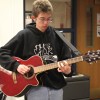 I recently read an article on our sister news site, the North Star News (of Niles North), called “How to Write a Hit in 60 Seconds.” The contents of the article really angered me because of the unrealistic manner of writing a song in general. Now, it is true that most songs today are written that way, but as a songwriter myself, I need to set an example and show people how to write songs the correct way. Over the next few weeks, I will write a number of articles that will show a different step of the songwriting process. Feel free to comment if you have any questions.
I recently read an article on our sister news site, the North Star News (of Niles North), called “How to Write a Hit in 60 Seconds.” The contents of the article really angered me because of the unrealistic manner of writing a song in general. Now, it is true that most songs today are written that way, but as a songwriter myself, I need to set an example and show people how to write songs the correct way. Over the next few weeks, I will write a number of articles that will show a different step of the songwriting process. Feel free to comment if you have any questions.
This week: the musical aspect of a song.
First of all, you should know how to play an instrument or have some knowledge of music theory. It’s not a song without the music. If it’s only words, it’s just a poem. If you do play an instrument and you don’t have any knowledge of music theory, you can easily learn. There are many websites, books, and computer programs out there that you can learn from. If you have a small budget, musictheory.net is a great place to start because it is free. If you don’t play an instrument, then try to learn the basics of one you’ve always wanted to learn.
If you happen to already know both of these things, then you’re in luck. You’re already passed step one.
Next, you need to pick some chords to base your song. Start with something simple. For example, the I, IV, V progression in any key. For the sake of this article, I’ll pick the key of E. In the I, IV, V progression in E you have the E chord, the A chord, and the B chord. (The B can sometimes be substituted for a B7 chord.)
For the verses or the chorus, it is usually best to stick with the original progression because that is what catches the listener. Sometimes you want to use it for both the verses and chorus, but sometimes not. Usually when I write a song, for the chorus, I want it to be the biggest part of the song, as far as sound goes. I want it to have the most instruments and the the true feeling of the song at that point. However, it all depends on the type of song you are writing. If it’s an 80’s ballad, you for sure want as much squeezed into the chorus as possible. If it’s a song with just an acoustic guitar then you don’t want too much there even if there are orchestral instruments like cello and violin. The acoustic guitar should be the main instrument, besides the vocals, that is heard.
For the chorus specifically, I want it start at a highest chord too. Within the E major scale or any other scale for that matter, you can just switch the order of the chords in the I, IV, V, progression in E major. The highest chord in this case would be the B chord.
If this satisfies you, start writing some lyrics, if not, make it more complicated. Add in other chords like the II and the VII chords. In this case it would be a F sharp minor and a D diminished chord, which can be substituted for a D major chord. Usually in a song when using these chords this would be the section called the bridge which brings the lyrics or story of the song full circle. However, when writing the bridge, those two chords are not the only ones used, some, if not all of the chords used in the main progression will somehow make it into the bridge.
Next, try coming up with a rhythm. Whether it’s a simple up and down strum on a guitar or just whole notes on a piano for the left hand and the melody on the right hand. Make it as complex or simple as you wish, but don’t keep it the same throughout the song. Certain parts should have different rhythms than others based on the feel of the song. This also goes with making a lead line for an intro or solo.
A lot of times when you write the lead, the main riff in the beginning played by a guitar, keyboard, or bass, is where you find that rhythm. By just doodling on your instrument, you can pick something that you like and stick with it. It almost always turns out well.
So let’s recap. When writing the music for a song, you should do things like this: Chord progression, flip around chords in the progression, add more chords (if necessary), pick a rhythm, make a lead. Now, with that said, you don’t need to stick with this order. Sometimes inspiration comes from different areas before others. You can even write the lyrics before you write the music. There’s really no process to music, it’s not like solving an algebraic equation. It’s based on you as a person, where your inspiration comes from and the way you think about music. Even with this freedom, don’t write a song to write a song. Make sure you know why you are writing and feeling the mood of the song, at least when writing it.
Next week: The Lyrical Aspect of Writing a Song




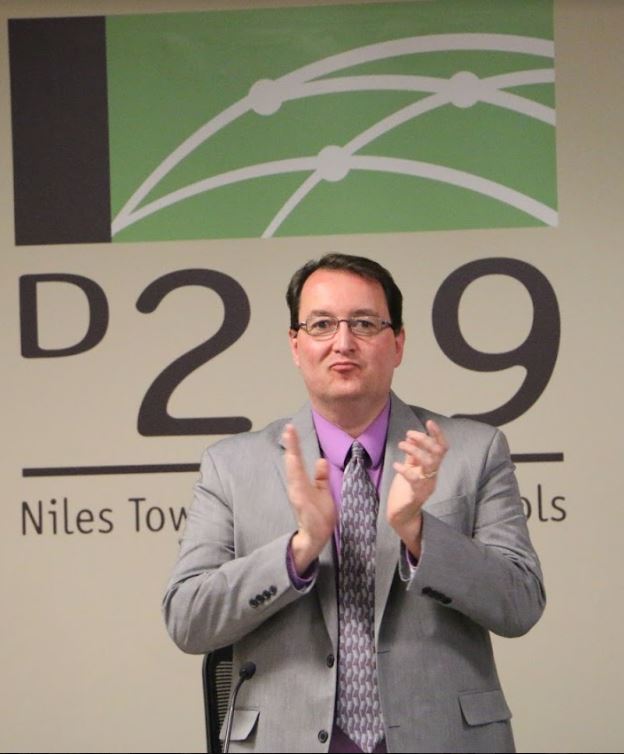
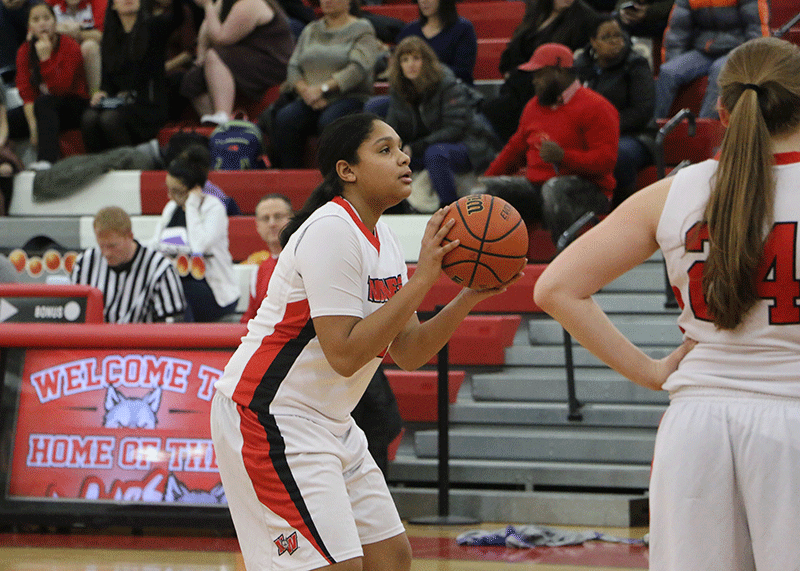
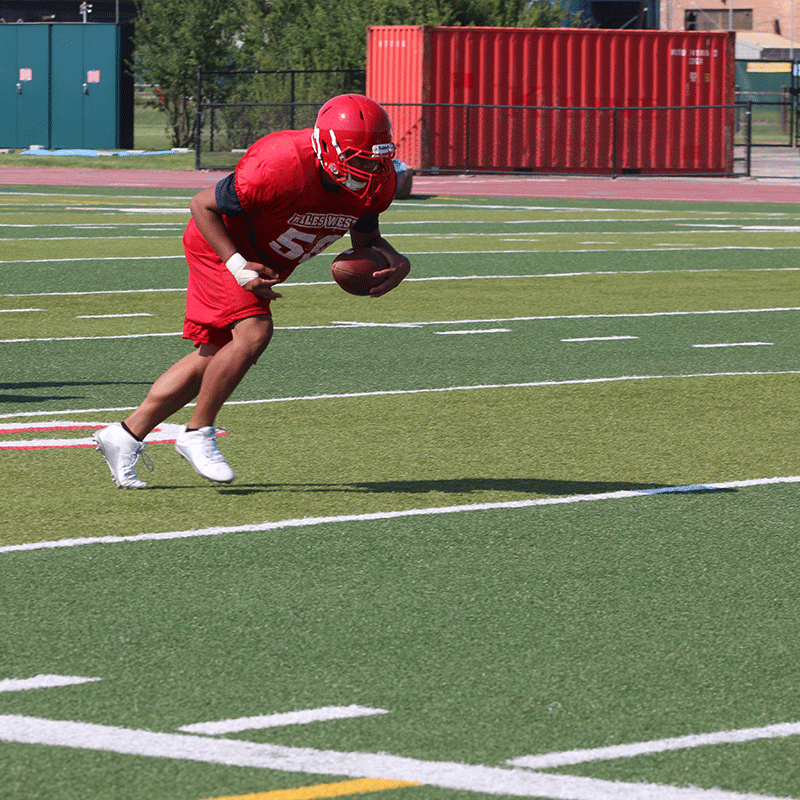
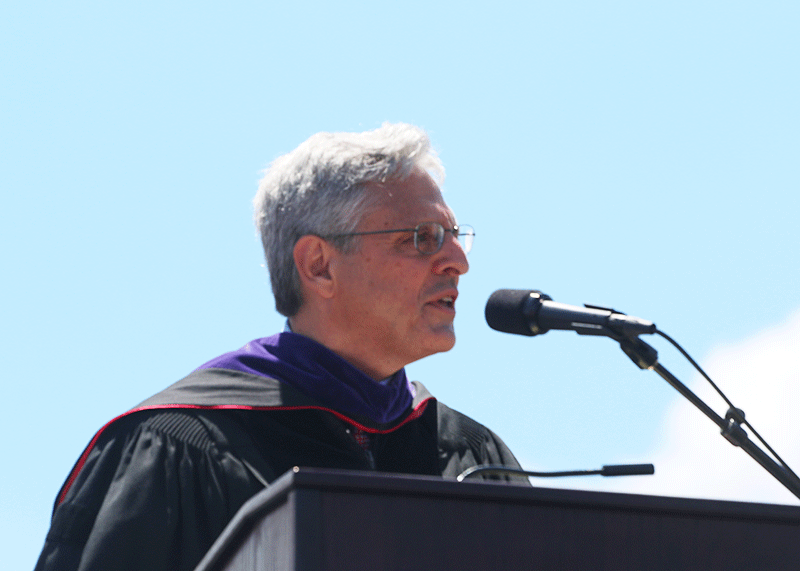
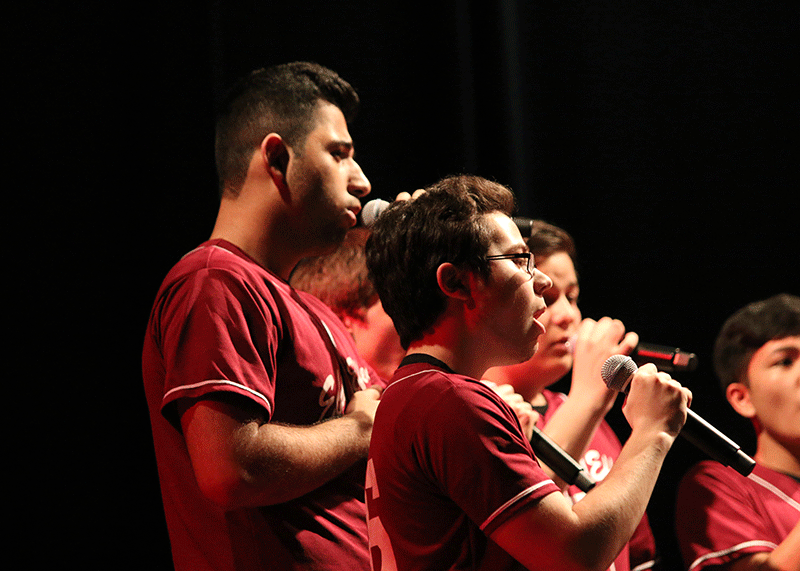
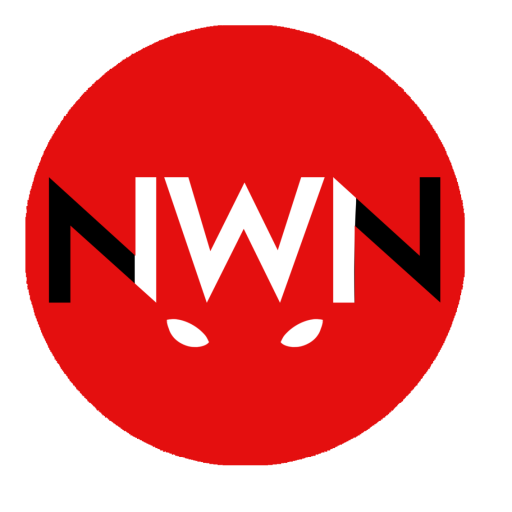

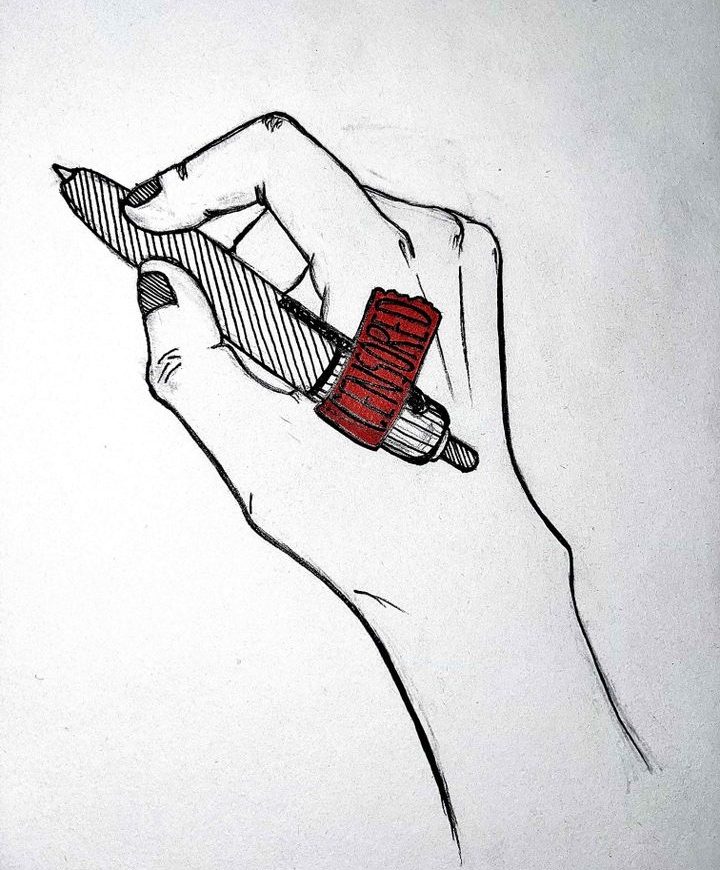

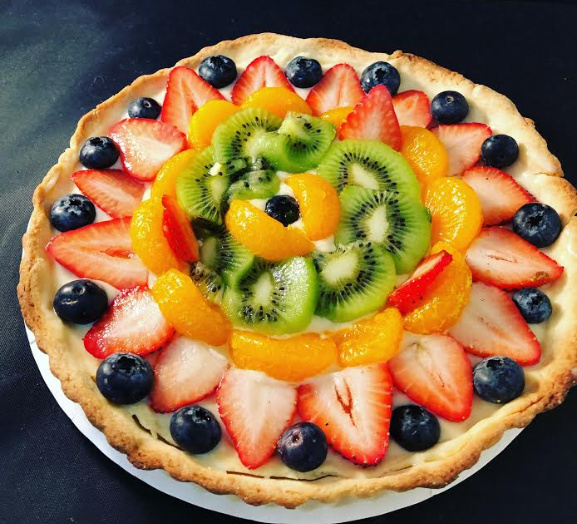
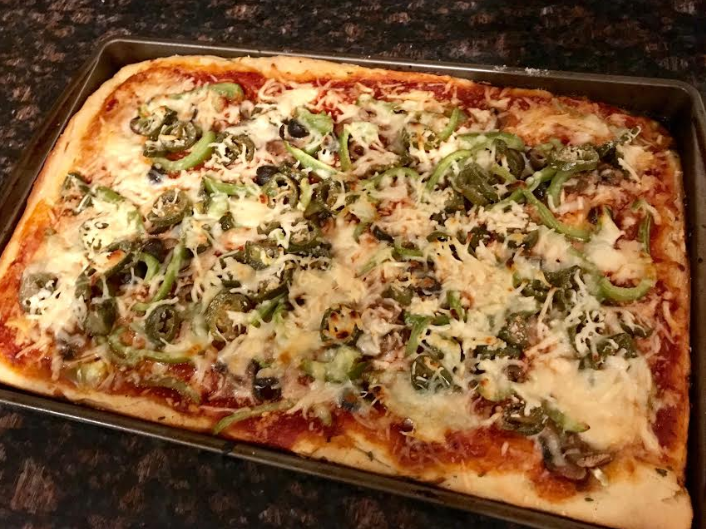


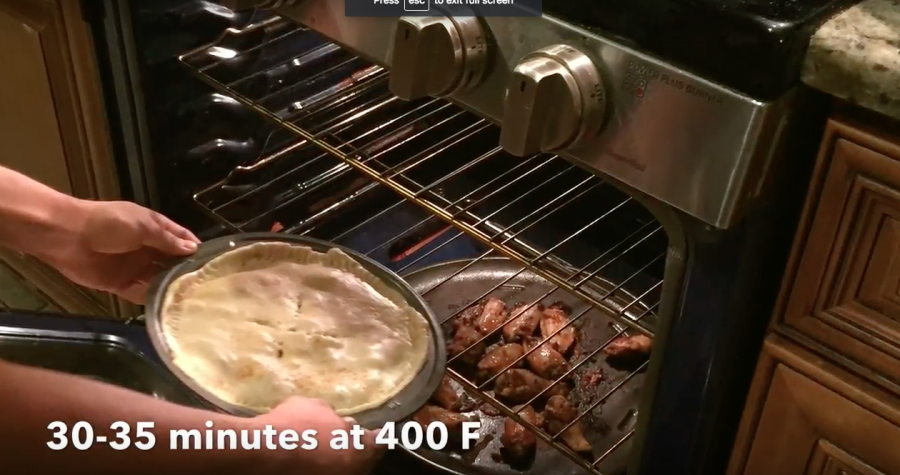
Former Music Major • Oct 14, 2012 at 4:28 PM
Merrill. Music is something you obviously have a passion for but I encourage you to look over definitions of terms and clarify things.
“If it’s only words, it’s just a poem.”—- Extremely untrue. Take this sentence for example, “I really want to go to the store”.
Put tones to it. Viola, it’s now music, not a poem. I also struggle to see your point on how music theory needs to be incorporated to make music the “correct” way. Many people make music by ear because they have a great musical talent and no theory is involved.
In your rhythm section you are a little off… Yes, rhythm is found with in the music. But not all of your readers really know what musical rhythm is. For example, the readers probably don’t know that in a 4/4 meter that the beats that should be accented are 1 and 3.
Final words. Before you submit your next article to the NWN i would suggest you brush up on your terms and have your article looked over by someone in the music staff because odds are that the NWN staff doesn’t know music the way I do, or you do.
Merrill Miller • Oct 14, 2012 at 7:04 PM
Ahahah, someone commented on this. Anyway, I’m going to counter your points.
You first point is actually incorrect. If you ONLY have words, then it’s not a song. It’s a poem. Take the song All My Love by Led Zeppelin. I don’t know what you think, but I think those are some of the greatest lyrics of all time. That’s only my opinion. Anyway, read the lyrics disregarding the music of the song or by putting any sort of melody to the words other than what it actually is, then It’s just a poem. Yes, you can have songs where there are only VOCALS, (Ex. A Capella,) but you can’t have a song where it has only words. You can put a tune to a poem, then it becomes a song, but until then, it’s only a poem. No you don’t have to write that tune down, it can be in your head, but if you don’t have a tune for the words you have just written, in general, it’s a poem.
For your point on music theory, it has to be incorporated at some point. Before I learned about music theory for specifically writing songs, I did write music with my ear. All of my songs at that point, well, sucked. My ear is good, according to my music instructors, but my ear, for whatever reason, cannot pick out chords like I can do for a solo or figuring out a lick to a song. So, I sat down with a teacher and learned everything I could as far as writing songs goes. The teacher I learned it from said that even if you have a genius musical mind, you still need to know music theory. It’s just that important. Many people out there have great ears, even if they haven’t discovered it yet. Really, this article was intended more or less for people with not as much experience with music theory in general. I just put it there because I too, as did my teacher, believe it is THAT important. Finally, in our current music program at school, there isn’t a ton of focus on Music Theory as far as songwriting goes. It’s more focused on playing your primary instrument, learning theory about playing your instrument, and learning theory about playing music in general. I assumed when writing this, people who know music theory already (as far as reading and playing music) would immediately know that there is a whole other realm to music theory than just what you learn in school. That’s also another thing my teacher told me, which they should because they tell you that too.
Rhythm is found in the music, like you and I both said, but readers should hopefully, as I said, learn about music theory. Never did I mention in that paragraph anything about 4/4 meters or any type of time signature because I don’t expect them to know about that either. That’s why that section is written the way it is written. When I personally write a song, I don’t look at the melody as it is written to pick a beat, I just listen for a while and I’ll eventually have an idea.
Now, if you read the article on the North Star News, which I assume you didn’t, you would see why I chose the title “How to Write a Song the Correct Way.” (I hyper-linked it for a reason.) Clearly, there is nothing correct about writing a song the way they explained it.
Now to sum up this, there is no correct way to write a song. If you actually read through my last paragraph, you would know that I said “There’s really no process to music, it’s not like solving an algebraic equation.” Most people would think that being there is no process, there is no correct way. That’s really what I’m trying to get at, even if the title says it. The title is a direct shot at North Star News.
Now, if you’d excuse me, I have another article to write.